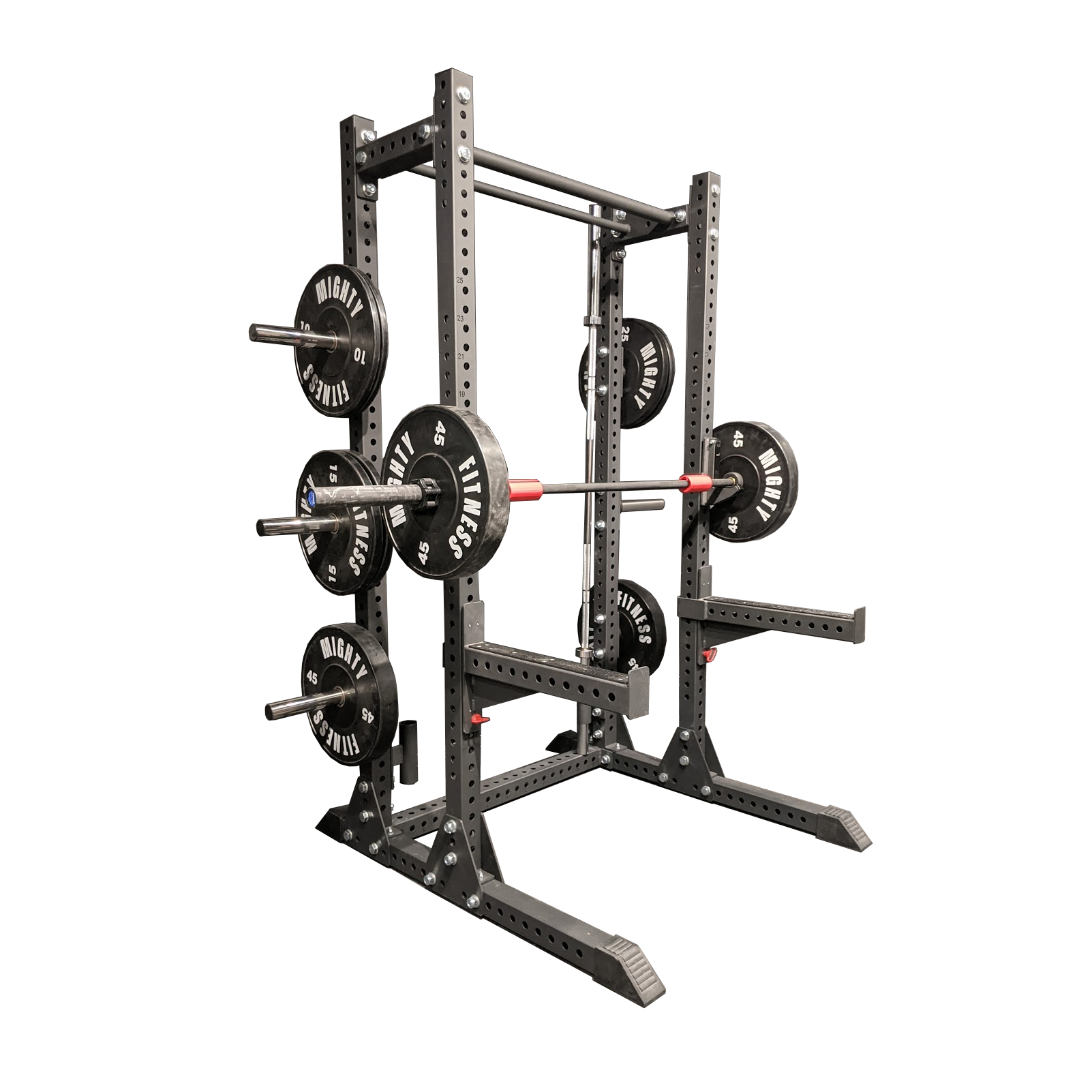Weird Facts You Never Knew About Your Heart
The heart is a part of your body's circulatory system. It's made up of the atria, ventricles, valves. and various arteries and veins. The main function of your heart is to keep blood that's full of oxygen circulating throughout your body. Because your heart is crucial to your survival, it's important to keep it healthy with a well-balanced diet and exercise and avoid things that can da,age it, like smoking.
How much do you know about heart? February is American Heart Month, and now is a great time to learn a little bit more about the all-important organ that keeps you going each day. After all, we've all got one, so it's never a bad idea to get informed about what it does for us and what we can do to keep it healthy. Here are some weird facts you might not know about your heart.
1. Your heart has its electrical impulse: It can continue to beat when separated from your body as long as it has oxygen!
2. Your (adult) heart beats about 100,000 times every day: In fact; the heart can beat over 3 billion times in a person's life.
3. Your heart is about the size of your fist: Heart size depends on the size of the person and the condition of the heart.
4. Cardiovascular diseases is your greatest health threat: Especially for women. Thankfully, it is largely preventable by controlling certain risk factors.
5. Heart attack symptoms can be different in men and women; While both men and women can share the most common signs of a heart attach, some symptoms differ. Men tend to report more chest pain symptoms, while women have been shown to report unusual fatigue, sleep disturbances, dizziness, and anxiety. Not all heart attacks start with the typical warning signs, so it's important to be aware of common symptoms and call a doctor right away if you fell like something isn't right.
6. Exercise and activity level is one of the greatest potential risk factors for heart disease: Physical inactivity leads to high cholesterol and high blood pressure levels, among other things. Regular exercise, about 150 minutes a week, along with a heart-healthy diet, is one of the best ways to prevent heart disease.
7. Your heart is your hardest-working muscle: It does the most physical work of any muscle during a lifetime. Your heart is constantly pumping energy throughout your body, Even though your heart could weaken from certain conditions it will never fatigue.
8. Your heart is located in the centre of your chest: From reciting the Pledge of you Allegiance as a child, you might still think your heart is on the left side of your chest. Your heart is located in the dead centre of your chest, with the largest part of your heart on the left side. Your left lung is smaller that your right lung to make room for your heart!
9. A female's heart beats faster than a male's heart: About eight beats a minute faster! This is because a female heart is smaller than a male heart. The smaller the heart, the more beats are needed to pump the same amount of blood.
10. Your heart doesn't stop beating when you sneeze: You've probably heard that statement a few times throughout your life as an explanation for the term "bless you" after you sneeze, but experts say that is just a common myth. the changing pressure in your chest after you sneeze change your blood flow, which could change the rhythm of your heartbeat, but it doesn't momentarily stop it.
11. About 75 trillion cells receive blood from your heart: In fact, it's just your corneas that don't receive blood from your heart.
12. Your heart pumps about 2,000 gallons of blood every day: Over your lifetime, your heart pumps about 1 - 1.5 million barrels of blood. For a visual, that's enough blood to fill up three supertankers!
13. heart attack and stroke are related: Stroke and heart attack might seem like two different medical emergencies. One affects the brain, the other, the heart, with disparate symptoms. Why do medical experts always lump them together?
Both the heart and the brain require oxygen to live and function. So just like deprivation of oxygen-rich blood causes a heart attack, a stroke occurs when blood vessels in the brain can't deliver oxygen due to a blockage.
Your Heart affects every part of your body. That also means that diet, lifestyle, and emotional well-being can affect your heart. Emotional and physical health are both important for maintaining a healthy heart.



